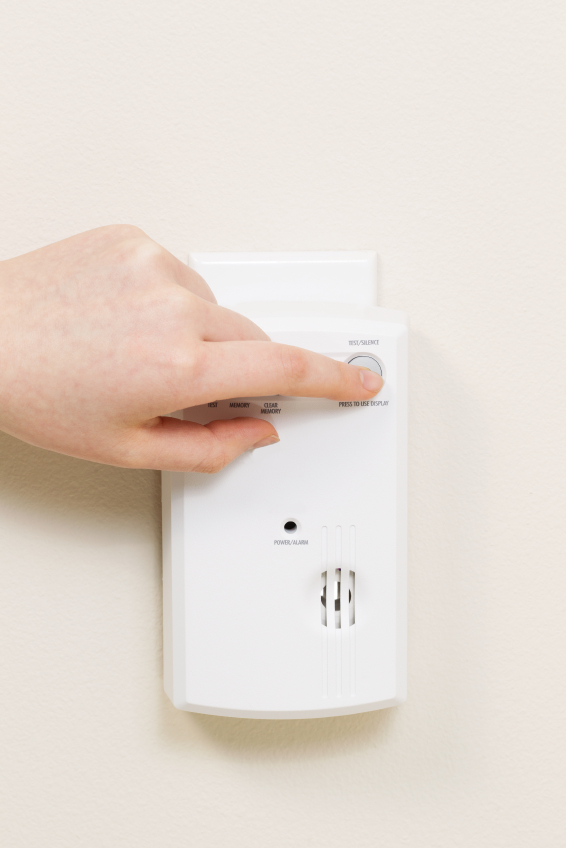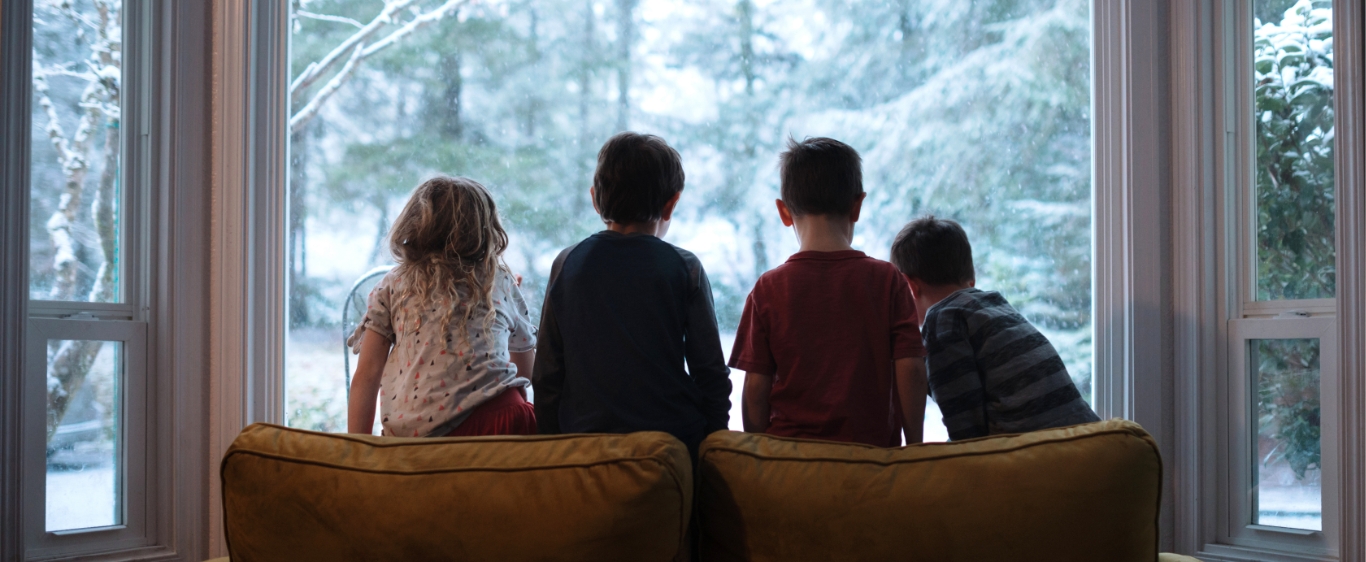Like smoke alarms, carbon monoxide (CO) alarms monitor the air in your home and sound an alarm to warn you when something is wrong.
A house fire and CO exposure are two different situations requiring different actions.
- If your smoke alarm sounds, you would quickly be able to judge the level of danger because you can see and smell the smoke, feel the heat, see the fire. You can judge the emergency or non-emergency.
- If your CO alarm goes off you have nothing to look at or smell or evaluate. CO is called “the silent killer,” because it’s invisible, odourless, tasteless. You can’t tell if you’re surrounded by it. So when the alarm sounds, you treat it as an emergency.
If your carbon monoxide alarm goes off…
 If your CO alarm goes off, don’t panic. Channel your inner Fonz and take a second to gauge your situation.
If your CO alarm goes off, don’t panic. Channel your inner Fonz and take a second to gauge your situation.
- Listen to how your alarm is beeping
- If you hear one quick beep every 15 seconds, it’s just a low battery warning. The digital display (if you have one) will read Lb in red.
- If the alarm is at the end of its life and needs replacing, you will hear one quick beep every 30 seconds. The digital display (if you have one) will read End.
- If your alarm detects the presence of carbon monoxide, the alarm will sound in a pattern, repeating 4 short beeps, 5 seconds of silence, then 4 short beeps again. This is an emergency.
- Even if nobody in the house is experiencing obvious symptoms (like dizziness, headaches or vomiting), evacuate the house and call 911.
- Do a head count to make sure everyone from the house, including pets, are accounted for.
- Stay out of the house until emergency responders have investigated the house, resolved the issue and reset your CO alarm.
Where does CO come from?
CO comes from all sorts of locations in the home. Appliances using gas, oil, wood, coal or any kind of fossil fuel produce CO during combustion.
So your furnace or water heater might be leaking CO into the atmosphere, or your gas or wood burning fireplace, or the unvented gas space heater you have in the bedroom, or the blocked chimney.
And keep this in mind
- 60% of Canadian families do not own a single CO alarm.
- 15% of Canadians believe CO alarms last forever (false).
- 18% believe CO alarms are only necessary if you have a gas furnace (false).
- 44% of home owners do not keep up with regular maintenance for heating or other combustion systems.
- 26% of CO alarm owners don’t think they have to replace CO alarms at a maximum of every 10 years (true).
So now that you know, make sure you have enough protection for your family at home. Contact a member of our team today to schedule your furnace maintenance and replace your CO alarm.









